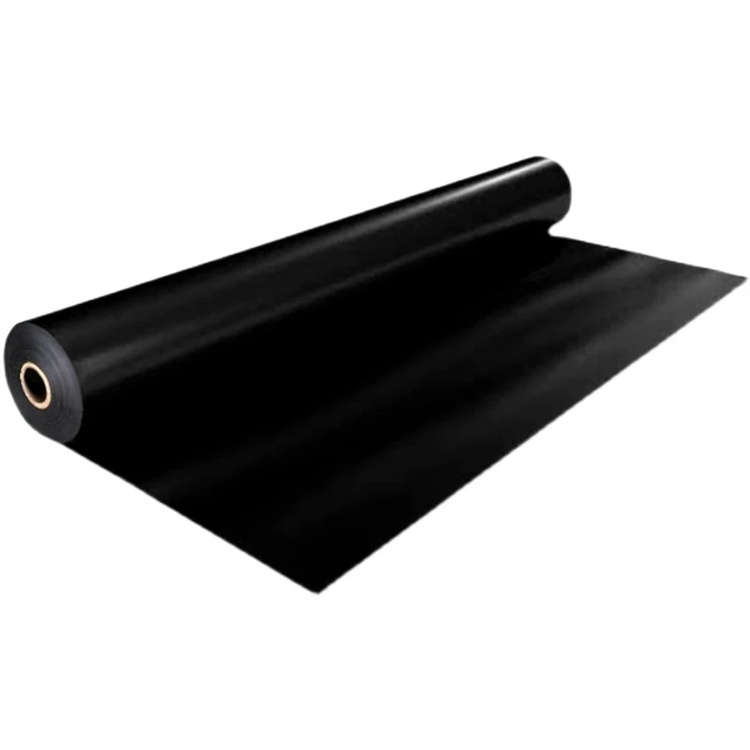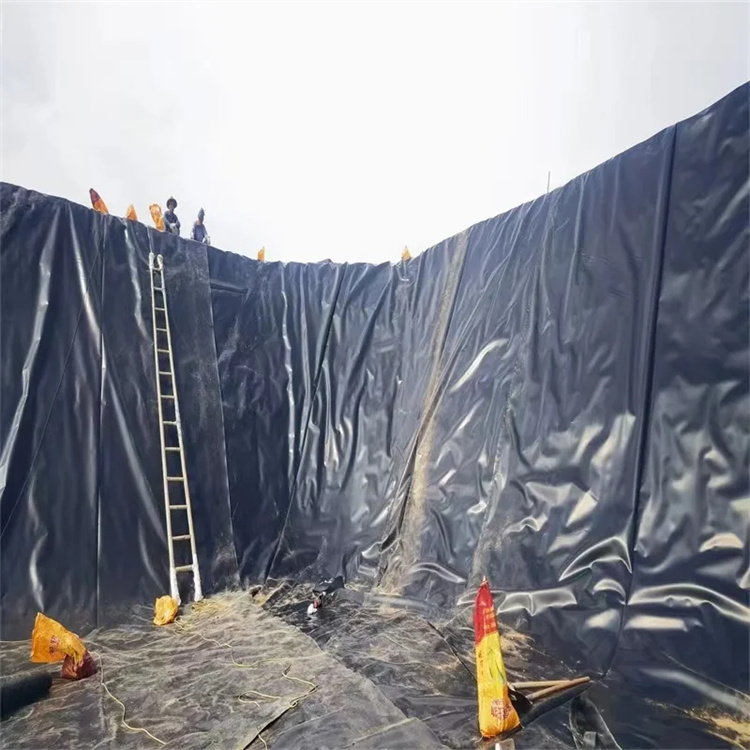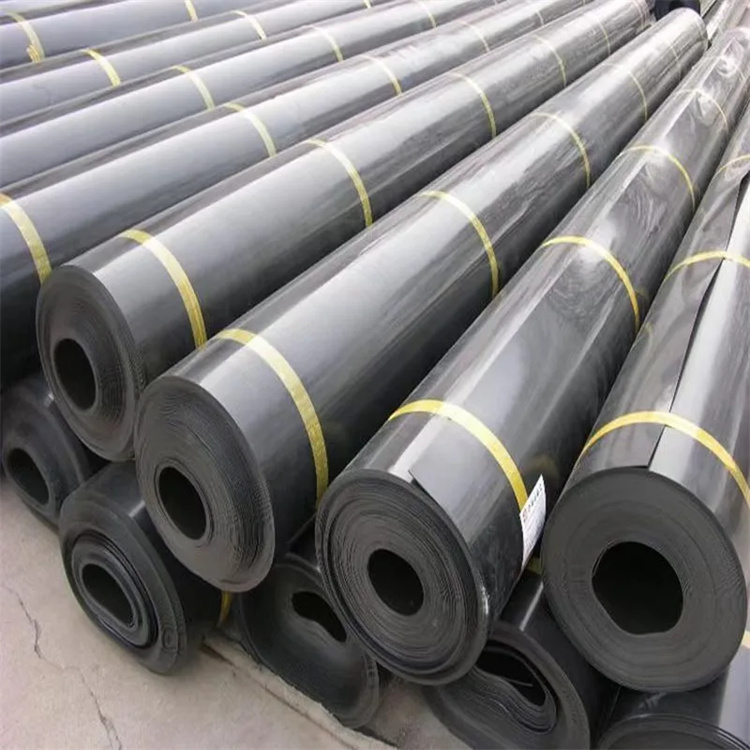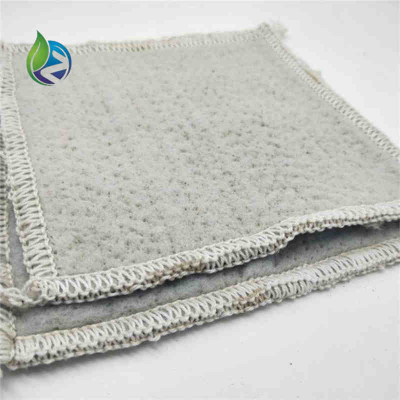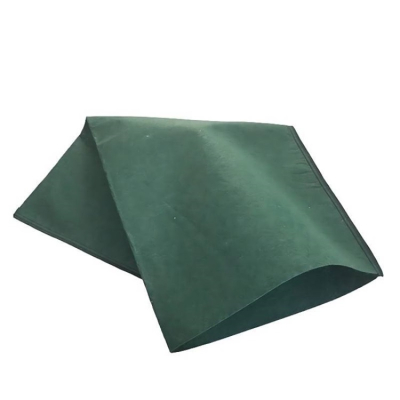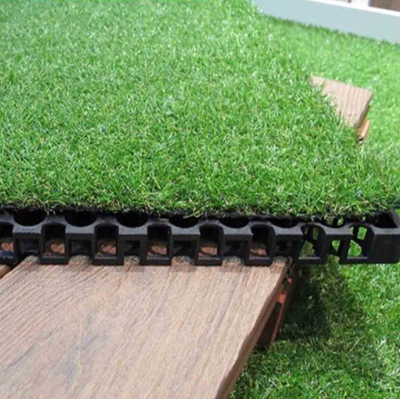Geomembrane for waterproofing
HDPE geomembrane, full name of high density polyethylene film, is a waterproof barrier material produced by (medium) high density polyethylene resin. Its density is 0.94g/cm³ or above, and it has a variety of excellent properties and characteristics, and is widely used in various seepage prevention projects.
Support bulk ordering with favorable prices.
Support ODM/OEM.
The factory has stock and fast delivery.
Delivery Time: 10-20 working days
Minimum Order Quantity: 300 square meters
Payment Term: 30% T/T Deposit, 70% T/T Before Shipping
When it comes to creating effective barriers against water intrusion, nothing matches the performance and reliability of a geomembrane for waterproofing. From infrastructure and tunnel construction to landfills, ponds, basements, and rooftops, geomembranes are the go-to solution for engineers and contractors who require long-term, durable, and cost-efficient waterproofing systems.
In this comprehensive guide, we explore the benefits, materials, applications, and selection tips for choosing the best geomembrane for waterproofing in your project.
What is a Geomembrane for Waterproofing?
A geomembrane for waterproofing is a synthetic, flexible membrane liner used to form an impermeable barrier that prevents the movement of water or other fluids. These liners are typically made from polymers such as HDPE (High-Density Polyethylene), LLDPE (Linear Low-Density Polyethylene), PVC (Polyvinyl Chloride), or EPDM (Ethylene Propylene Diene Monomer), and are widely used across civil engineering, mining, and environmental protection industries.
Why Use Geomembrane for Waterproofing?
Choosing a geomembrane for waterproofing offers multiple advantages:
1. Unmatched Water Resistance
The primary function of a geomembrane for waterproofing is to act as a total barrier to water infiltration. It seals off surfaces and foundations, protecting structures from leaks, corrosion, and moisture damage.
2. Longevity and Durability
Modern geomembranes are engineered to last 20+ years, even under harsh environmental conditions. They resist UV exposure, chemical attack, and mechanical stress, making them ideal for permanent waterproofing.
3. Environmental Protection
In waste containment or contaminated areas, a geomembrane for waterproofing prevents the leakage of hazardous materials into soil and groundwater, supporting compliance with environmental regulations.
4. Versatility in Application
Whether it’s tunnel linings, retaining walls, green roofs, or artificial lakes, geomembranes adapt to any scale or shape, offering flexibility for complex waterproofing needs.
5. Ease of Installation
With roll-form delivery and thermal welding techniques, installing a geomembrane for waterproofing is faster, safer, and more efficient than traditional concrete or clay liners.
Applications of Geomembrane for Waterproofing
A geomembrane for waterproofing is used in a wide range of sectors:
Building Foundations: Prevents water seepage into basements and substructures.
Tunnels and Underground Works: Essential in preventing water ingress in subway, rail, and road tunnels.
Ponds and Reservoirs: Ensures water containment in artificial lakes, aquaculture systems, and irrigation reservoirs.
Landfills and Waste Management: Acts as a protective barrier in landfill liners and capping systems.
Roof Gardens and Green Roofs: Stops water leakage into living spaces beneath green or landscaped roofs.
Best Materials for Geomembrane Waterproofing
When selecting a geomembrane for waterproofing, material matters:
HDPE Geomembrane: Most widely used. Excellent chemical resistance and durability. Suitable for harsh environments.
LLDPE Geomembrane: Offers greater flexibility, ideal for irregular surfaces or curved applications.
PVC Geomembrane: Soft, flexible, and easy to install, commonly used in roofing and tunnel linings.
EPDM Geomembrane: Highly flexible and UV-resistant, often used in decorative ponds and rooftop applications.
Each type of geomembrane for waterproofing comes with specific strengths. Understanding your project’s exposure, structure, and budget is key to making the right choice.
Installation Best Practices for Geomembrane Waterproofing
Proper installation is critical for the long-term success of any geomembrane for waterproofing:
Surface Preparation: The surface should be smooth, debris-free, and compacted.
Liner Deployment: Carefully unroll the geomembrane, ensuring it conforms to the surface profile.
Welding and Seaming: Use hot wedge or extrusion welding to join the sheets. Test seams for integrity.
Edge Anchoring: Secure the membrane edges with anchor trenches or mechanical fasteners.
Quality Control: Conduct air pressure tests and visual inspections for leaks or wrinkles.
Using certified professionals ensures the geomembrane for waterproofing is installed to the highest standards.
Choosing the Right Geomembrane for Waterproofing
Before purchasing a geomembrane for waterproofing, consider:
Project Type: Different applications require different specifications.
Thickness and Strength: Thicker membranes offer better puncture resistance.
UV and Chemical Resistance: Important for exposed or chemically aggressive environments.
Certifications and Testing: Look for ASTM, ISO, or CE-certified products.
Supplier Support: Choose suppliers who offer technical support, installation training, and product warranties.
Where to Buy the Best Geomembrane for Waterproofing
Reputable manufacturers and suppliers of geomembrane for waterproofing offer a range of product types with proven performance records. Look for companies with:
Decades of experience in geosynthetics
Global certifications
Custom fabrication options
Competitive pricing with technical consultation
Ordering from a trusted supplier ensures you receive a durable and compliant geomembrane for waterproofing tailored to your project needs.
Final Thoughts
Investing in a geomembrane for waterproofing is essential for ensuring structural integrity, reducing maintenance costs, and protecting against environmental hazards. Whether you’re working on a commercial building, water management system, or infrastructure project, geomembranes offer unmatched reliability and performance.
Future-focused, eco-safe, and cost-effective—there’s no better time to upgrade your waterproofing strategy with a high-quality geomembrane for waterproofing.


